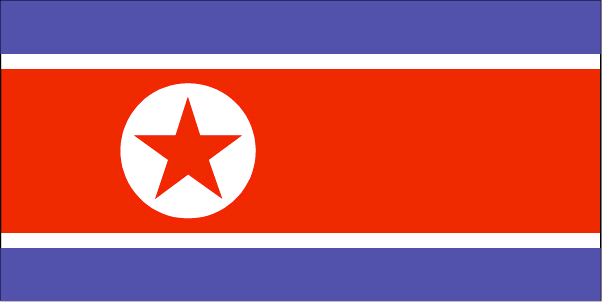North Korean Hotel: Good beer and a secret fifth floor August 29, 2019 - Blogs on Text Analytics

North Korea, often called the hermit kingdom, is a land we know little about but one we are hearing about more and more because of its nuclear program and because of the unique relationship between its leader Kim Jung-on and U.S. President Donald Trump.
While still very secretive and closed to the outside world, in recent years North Korea has been opening itself up to tourism and to western tourists in particular. All tourists stay in government owned hotels and are shepherded by guides. Professors Li Fangxuan and Chris Ryan were interested in the guest experiences of people travelling to North Korean and their perceptions of a North Korean hotel. They chose as their subject the 47-story Yanggakdo International Hotel in Pyongyang, the largest hotel in the country with about 1,000 rooms. Their paper is entitled “Westerm guest experiences of a Pyongyang international hotel, North Korea: Satisfaction under conditions of constrained choice.”
They used QDA Miner as one of their tools to analyze 227 online reviews from westerners. The comments comprised 46,050 words. Many of the comments offer an interesting insight into travelling in North Korea and on what people will view as acceptable in a “luxury” hotel or what they will accept when given no choice.
The Yanggakdo offers a myriad of facilities and services, a book and souvenir shop, bars and restaurants, a barber shop, a casino, a massage club, a pool and a revolving (sometimes) restaurant on the 47th floor. The guests’ comments likely reflected low expectations and improvements from their previous hotel experiences in North Korea but were certainly not in keeping with western equivalents. They were pleased to have hot water (even if limited to morning and evening). They appreciated having electricity all day and that they were able to walk outside their hotel. The Yanggakdo has a generator and is on an island so guests can walk outside without meeting locals. There were the typical comments on the rooms and beds, clean or not, hard or soft. The hotel has a micro brewery and the beer was widely praised but the elevators were not. Many people complained of long waits, especially at peak times because elevators were full or slow. There were also the usual comments about restaurants and food. The revolving restaurant was hit and miss both for the food and the fact that sometimes it revolved and sometimes it didn’t. A few guests commented on the Japanese, Chinese and Korean restaurants in the hotel as being fine, but all the same.
Finally, there was the mysterious fifth floor. The elevator didn’t have a fifth floor button just a fourth and a sixth. What secrets could be lurking? Spoiler alert ahead, but I don’t imagine many people reading this blog will be visiting the Yanggakdo anytime soon. Some intrepid travellers solved the mystery and said it wasn’t worth the visit. The fifth floor is essentially a facilities management floor with a few propaganda posters. The paper is about more than just the comments of the guests’ experiences and draws on the classical economic model of “regret and rejoice.”
You can read the complete paper, Li, Fangxuan Sam, and Chris Ryan. “Western guest experiences of a Pyongyang international hotel, North Korea: Satisfaction under conditions of constrained choice.” Tourism Management 76 (2020): 103947.
